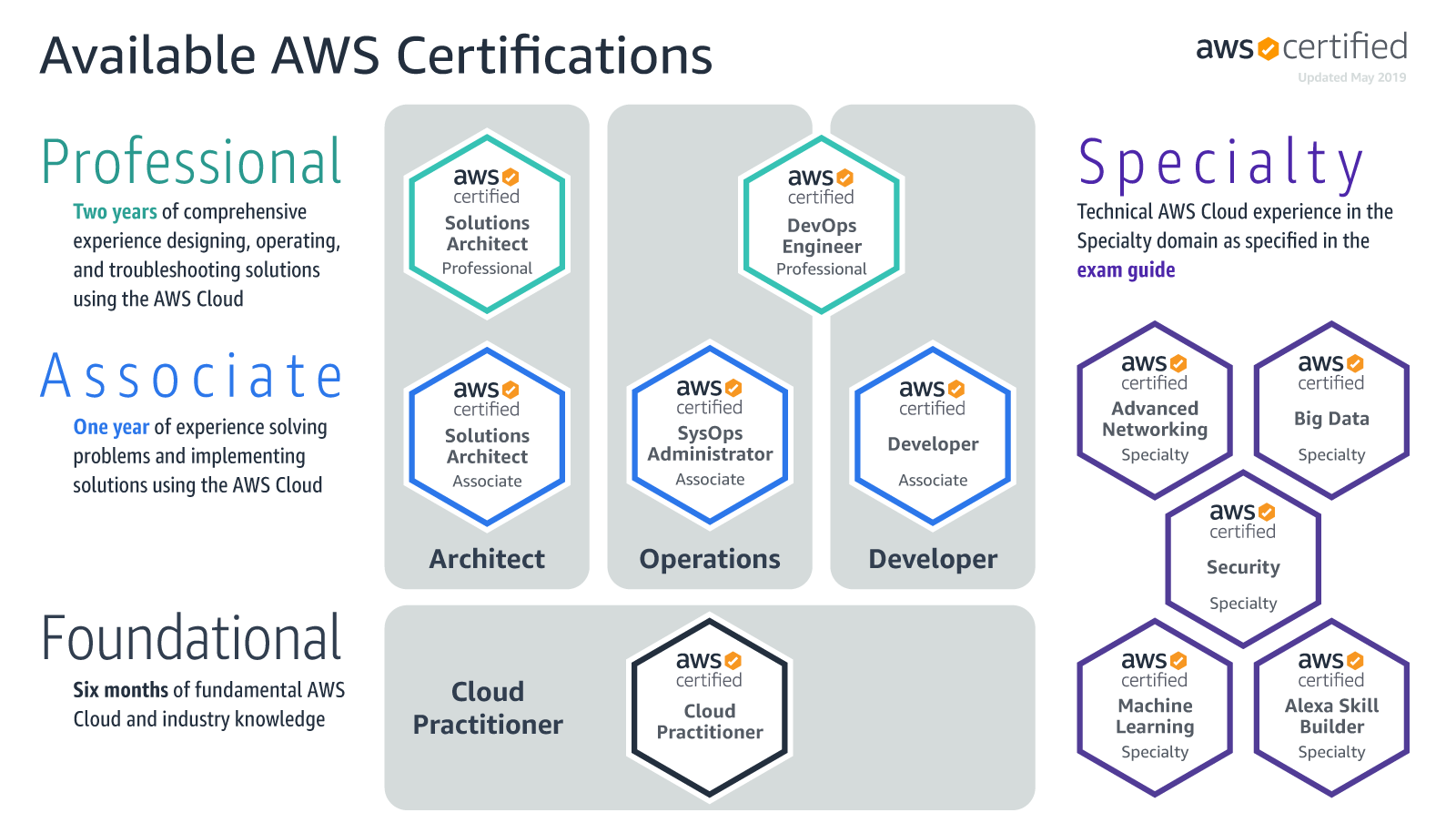Introduction:
In the digital era, learning management systems (LMS) have revolutionized the way education and training are delivered. LMS platforms provide a comprehensive and efficient solution for managing, delivering, and tracking learning experiences. If you want to know more information about LMS,then visit eloomi.
In this, we will delve into the purpose and benefits of learning management systems, exploring how they enhance learning outcomes, streamline administrative tasks, and promote lifelong learning.
-
Centralized Learning Hub:
The primary purpose of a learning management system is to serve as a centralized hub for organizing and delivering educational content. LMS platforms provide a structured framework for instructors, trainers, and learners to access courses, resources, assessments, and collaborative tools all in one place. This centralization eliminates the need for physical classrooms or training venues, making learning accessible anytime, anywhere, and from any device with an internet connection.
-
Course Management and Delivery:
LMS platforms enable instructors and trainers to create and deliver engaging courses efficiently. Course creators can leverage a variety of multimedia elements, such as videos, presentations, quizzes, and interactive activities, to enhance learner engagement and comprehension. LMS platforms also facilitate the creation of course materials that can be updated and revised easily, ensuring the content remains current and relevant.
-
Personalized Learning Experience:
One of the key benefits of an LMS is its ability to offer personalized learning experiences. Learners can progress through courses at their own pace, accessing the content that is most relevant to their needs and interests. LMS platforms often incorporate features such as adaptive learning, which tailors content based on learners’ performance and knowledge gaps. This personalized approach increases learner engagement, motivation, and retention, resulting in improved learning outcomes.
-
Assessments and Progress Tracking:
Learning management systems provide robust assessment and tracking capabilities. Instructors can create quizzes, assignments, and exams within the LMS platform, allowing for automated grading and providing immediate feedback to learners. Progress tracking features enable learners to monitor their own performance, track completion of courses and modules, and identify areas for improvement. This data-driven approach empowers both learners and instructors to make informed decisions and adapt learning strategies accordingly.
-
Collaboration and Social Learning:
LMS platforms foster collaboration and social learning among learners. Discussion boards, chat features, and online forums within the system facilitate interaction, knowledge sharing, and peer-to-peer support. Learners can engage in group projects, participate in virtual classrooms, and exchange ideas and perspectives, fostering a sense of community and enhancing the learning experience through collective intelligence.
-
Administrative Efficiency:
Learning management systems streamline administrative tasks associated with education and training. LMS platforms automate registration, enrollment, and payment processes, reducing administrative burdens for educational institutions, training providers, and businesses. LMS platforms also generate comprehensive reports and analytics, providing valuable insights into learner progress, course effectiveness, and performance metrics. This data-driven approach simplifies administrative decision-making and enables continuous improvement of learning programs.
-
Lifelong Learning and Professional Development:
LMS platforms support lifelong learning and professional development initiatives. Organizations can offer a wide range of courses, certifications, and skill-building programs to their employees, empowering them to acquire new knowledge and develop essential competencies. Learners can access a repository of resources, including e-books, articles, and video tutorials, to further their professional growth.
-
Conclusion:
Learning management systems play a pivotal role in modern education and training by providing a centralized, efficient, and personalized learning experience. With features such as course management, assessments, progress tracking, collaboration tools, and administrative efficiency, LMS platforms empower learners, instructors, and organizations to optimize learning outcomes and drive professional development.





